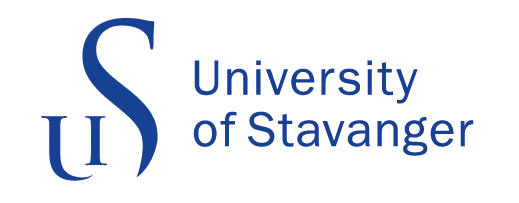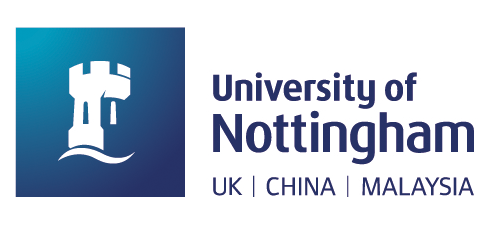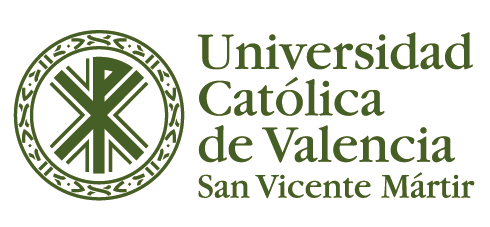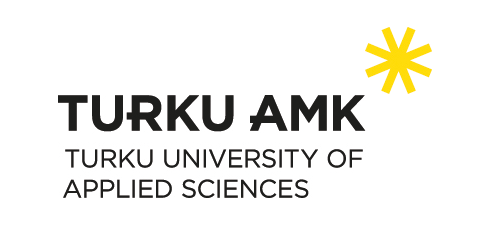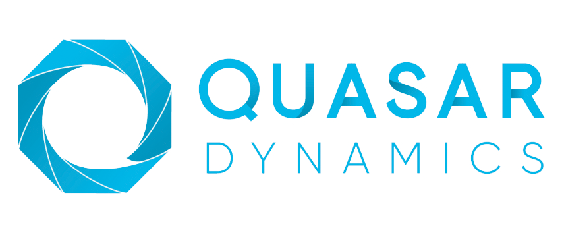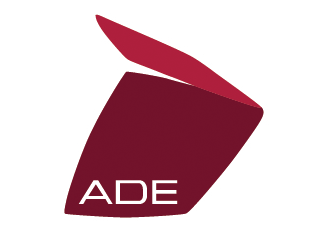UiS is heading up the project through The Faculty of Health Science and NETTOP, the e-learning development department at UoS and leading national developer of e-learning solutions in Norwegian higher education.
The NETTOP department has the staff and capacity to support all areas of concept and technical development of e-learning content and solutions, including interactive, platform independent applications, games and simulations, podcasting, video, graphics and multimedia, and the implementation of such tools in education, MOOCs and other online learning.
The Faculty of Health Science is the pioneer at UiS when it comes to applying and implementing online tools, e-learning and simulation in education. The Faculty’s experience, published studies and reports have been significant to the current strategy of e-learning and the implementation of digital educational tools at UiS.
The close collaboration between NETTOP and the Faculty of Health Science has lead to the development of tools and methodology that have been laying the ground for the recent ERASMUS+ Strategic Partnership projects DIMEANE and as the ERASMUS+ project DIGISIM.
The University of Nottingham (UoN) is ranked in the top 30 universities in Europe and in the top 1% of universities worldwide.
The School of Health Sciences and the Health e-Learning and Media (HELM) team have worked on many international projects with a range of partners to develop digital innovations in healthcare. This expertise will be utilised in this project. As well as producing high quality content they have pioneered a development methodology for the production of open access reusable learning objects which has also been shared worldwide via a highly accessed MOOC and a British Council funded workshop in Sao Paulo, Brazil.
HELM will contribute to this project in terms of their expertise (i) in developing high quality multimedia content including 360 video work (ii) in the development methodology for creating RLOs (iii) in leading the evaluation work package (WP7).
The UoN team have used a range of evaluation methodologies for determining the effectiveness and impact of digital interventions and resources, and published widely. This combined expertise and the experience of working with other partners in this collaboration in previous projects will contribute to the project’s success.
The Catholic University of Valencia “San Vicente Mártir”, UCV is a private, catholic university, located in Valencia, Spain.
UCV will provide a team of experts in healthcare and health education who can assess the protocols, materials and methods that have to be recorded in the project.
This is also a specialist team in simulation training in several fields of nursing (medical, surgical, intensive care, emergency care, community care and paediatric care) which usually prepares clinical cases of high-quality teaching for students.
The UCV also offers a Virtual Hospital of more than 1,700 m2, one of the most advanced in Europe, which has operating rooms, ICUs, delivery room, hospitalisation rooms, emergency room etc. High quality recordings in controlled clinical settings, which count on advanced high-fidelity simulators, can be conducted there.
The Faculty of Nursing has two virtual reality labs and a course in New Technologies approved in its Nursing curriculum where the student is familiarised with the use of augmented reality, therefore, the experience in the use of these technologies in the classroom is an advantage to guarantee the success of the implementation of the project.
The Multimedia department at UCV will add quality to the project with their extensive expertise in 360° video recording and workshops and their know-how.
Turku University of Applied Sciences (TUAS) is a multi-disciplinary institution of 9000 students and 750 experts.
TUAS plays an active role in the Health Campus Turku, a multidisciplinary education cluster within medicine and health care, formed by four higher education institutions and the Hospital District of South-West Finland. TUAS is also involved in running the Turku Game Lab, a joint venture between TUAS and the University of Turku. It engages in multidisciplinary activities where students, staff and industry partners work on gaming applications, interface solutions and product development.
As regards to the overall aim of the project, TUAS aims to enhance the usefulness of simulation pedagogy through next generation digital technologies and by increasing gamification in simulation environment. Due to TUAS’ strong links to Health Campus Turku and the state-of-the art simulation environments as well as its expertise in gamification and VR/AR, TUAS will be able to provide a test-bed for all project partners to test their own technologies.
In this project, TUAS will also support the production of methods that develop and help verifying the competency level required for pre-licensure generalist registered nurse students and thus promote the students’ flexible transitioning to working life and further the development of their professional competency at higher levels of education and specialty training.
Quasar Dynamics, Spain, is a company dedicated to innovation in all its aspects and digital marketing, with more than 10 years of experience in the field.
The company started with the web revolution and the “.com”, and continued with the new form of social communication and the emergence of social networks, followed by the first wearable devices, and today, they are at the forefront of the industry 4.0 with the cloud, Augmented Reality, Virtual Reality and Microsoft Hololens. The growth that Quasar Dynamics has experienced in terms of the number of projects and innovations applied in a short period of time is due to the extensive expertise of the team that constitutes the company.
The role of Quasar is to serve as a technological observatory for the project. Their function is to master all current and future innovative technologies, as well as introducing their technological knowledge in order to ensure the good technical quality of the project and its correct execution. Therefore, Quasar Dynamics will contribute with their technological expertise and know-how in video 360º and Virtual Reality and will bring the key features of 360º video and VR into this new simulation methodology.
Screen Story is one of Norway’s largest national TV-, film- and corporate content production companies with 30 employees.
Screen Story’s services cover everything from high-end commercials to affordable corporate videos and streaming at conventions. The company has an extensive knowledge of TV- and film production and its core expertise covers mainly four areas: news and sports segments, commercials and corporate videos, feature- and TV series documentaries and 360º videos.
Screen Story’s broad expertise on professional media production will contribute largely to the project. The company has personnel with comprehensive hands-on experience on the full range of professional media formats, including 360º video. The commercial perspective Screen Story adds to the project will give valuable insight in the opportunities for new innovative commercial products related to interactive 360º video. Screen Story’s inputs on how new concepts and products based on 360º video can be transferred to the established media industry will contribute to the success of the implementation of the project. Screen Story will lead Work Package 5: “Transferability to business”
Ade, Finland, is the leading provider of virtual reality training services in Finland and has been developing virtual reality services with game engines since 2005.
Ade operates in the fields of maritime industry, health care and technology industry, and uses 360º videos in healthcare for therapies and pain control.
The company currently supplies three University hospitals and five healthcare areas in Finland. In maritime industry and technology industry Ade uses 360º videos for safety training. Currently, Ade supplies five multinational companies and 150 medium sized to larger companies in Finland with 3D/VR/AR services.
Ade is currently working with all Finnish university hospitals and most healthcare areas in different AVR-projects, and thereby have a network to test, develop and commercialize the project’s new training innovations within the Finnish healthcare sector.
Ade has been developing new ways to lead and manage multimedia projects for a decade. Their innovative project management models lead to faster and better projects. The company has senior developers that have been creating virtual reality projects since 2005 and is willing to share their knowledge in the project.


